How to Apply Effective Communication Skills for the Injured Worker
Within the Workers Compensation industry, communication skills between all stakeholders are key, however, communication to the injured worker is essential to achieve the best possible outcome and return them back to their lives. Applying these skills is important to ensure that the injured worker is engaged in their treatment and empowering to self-manage their injury. Despite this, there are certainly barriers to effective communication.
Effective Communication
Effective communication requires honesty and openness combined with mutual respect. Giving good information through successful communication is important to achieve client goals. There are three types of communication which we need to be mindful of.
- Visual (body language)
- Verbal (words)
- Vocal (tone of voice)
Non-verbal communication can be a major component to deliver the ‘true’ message. Non-verbal communication includes body language and tone. There are 4 types of non-verbal communication.
- Facial expressions
- Eye contact
- Posture
- Gestures.
Barrier to Communication
There are often multiple barriers to communication between the treating exercise physiologist and the injured worker. This is often called ‘noise’ which may create a communication gap and that the message being heard is often far different than what was intended. Examples of ‘noise’ is inclusive of, receiving a notification on your phone/smart watch, looking at your computer or device, people watching, personal perception or judgement, other thoughts (e.g. “did I remember to empty the dishwasher at home?”).
These are just some examples of ‘noise’, however, being present and an effective listening is vital to make the injured worker feel heard during their recovery.
Effective Listening
According to MindTools.com there are five key techniques to being an effective listener.
- Pay Attention – this seems simple, but often during busy lifestyles lead to us not being present when someone is talking.
- Show that you are listening – e.g. nodding your head.
- Provide feedback – responding to their comment or question.
- Defer judgement – as humans, we continue to constantly judge people. Our own personal morals or values can get in the way of really hearing what the other person is saying,
- Respond appropriately – true effective listening is a model of respect and understanding. Asking questions throughout an initial assessment or ongoing treatment keeps the worker engaged and felt heard.
Better Questioning Skills
Questioning is vital to effective communication. This involves seeking information via layering different types of questions and responding to their question with a response.
Closed questions give you facts, they’re easy and quick to answer and they keep control of the conversation with the person doing the questioning. The first word of the question sets up the dynamic of the closed question. These are words like: do, would, are, will, if (Changing Minds.org, n.d)
Open questions deliberately seek long answers but also get the worker to think and reflect, provide opinions or feeling, plus hand control of the conversation to the respondent. Open questions begin with words such as: what, why, how, describe.
Example:
Closed question: Are you inactive because of your injury?
Open question: Describe to me your current activity levels because of your injury?
To conclude, effective communication skills can help you avoid conflict or misunderstanding. It can positively impact your rapport with the injured worker, to make them feel heard and understood and more importantly, improve their outcome with their injury. Effective communication is a skill to be learnt and practiced. Adopting these techniques and understanding the barriers to communication will ultimately engage your injured worker in your treatment and allow them to be heard and understood.
References:
- Mind Tools, nd.. Active Listening – Hear what people are really saying. (Online) Available at: https://www.mindtools.com/az4wxv7/active-listening
- Changing Minds.org, n.d. Open and Closed questions. (Online) Available at: https://changingminds.org/techniques/questioning/open_closed_questions.htm
Joel Skinner
Workers Compensation Specialist – Team Leader North-West (AEP, ESSAM)
Exercise Rehabilitation Services - WA




